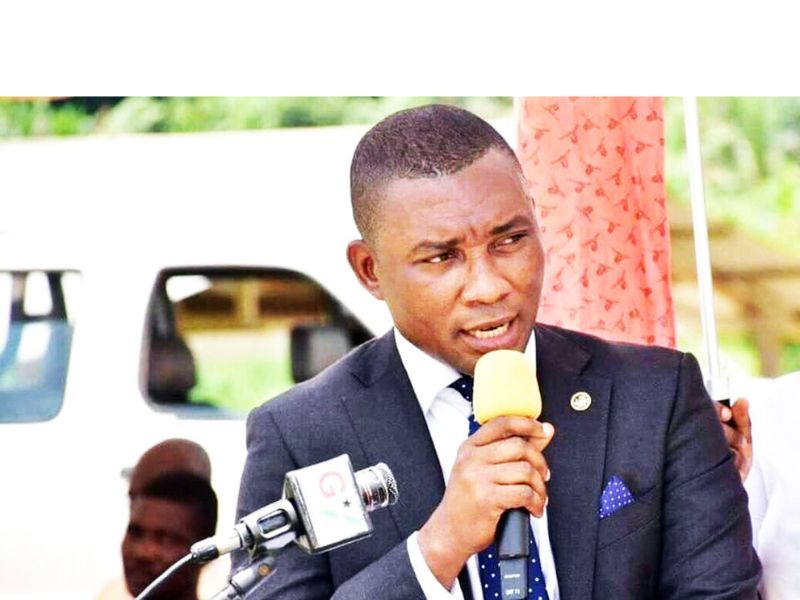The Deputy Minister for Lands and Natural Resources, Mr. George Mireku Duker, has stated that the country has about 1.5 billion tonnes of iron ore with an average grade of 40% iron oxide.
He made this known at the Masterplan Review and Validation Workshop for the Ghana Integrated Iron and Steel Development Corporation (GIISDEC) in Accra, yesterday, and noted that GIISDEC is expected to strategically partner with private sector entities to develop operations along the entire iron ore value chain.
According to Mr. Mireku Duker, Ghana is well-endowed with substantial mineral resources, which have been exploited over many decades for our development, with the major ones being gold, diamond, manganese and bauxite.
The exploitation of these minerals, he mentioned, has contributed significantly to the country’s developmental trajectory with gold alone providing approximately 40% of our export earnings, while accounting for more than 90% of our gross mineral revenues.
“Besides these, the country also has potential for iron ore and base metals (i.e. copper, zinc, nickel, chrome and lead), while holding vast deposits of industrial or development minerals, including sand, gravel, granites and salt, among others,” he added.
Mr Mireku Duker further said the priority of the government, going forward has, however, been the translation of the volumes of minerals production into wealth to benefit all stakeholders equitably, through value addition and linkage development with the rest of the economy.
It is in this context that he disclosed the government, under the “Ghana Beyond Aid Agenda” and in response to key provisions of the Africa Mining Vision (AMV) to move from raw exports of mineral resources to export of value added products that they have been adopting strategies to promote and optimise value development.
Also, to diversify the economy through the establishment of GIISDEC, by an Act of Parliament, Act 2019 (Act 988) to promote and develop an Integrated Iron and Steel Industry.
To him, “the mining sector became a buffer to the economy (particularly gold) when the global supply chain became disrupted due to the covid-19 pandemic.
“As significant as these benefits have been, they have, however, been largely derived from the upstream side of our mining activities with little or no attention to the downstream which holds even more potential for our sustainable development.”
More so, the deputy Minister added that the challenge has been how to harness the full potential of mining and maximise benefits along its entire value chain sustainably.
“To support and anchor the implementation of the government’s vision set out in the GIISDEC mandate will require the development of a Master plan that has a clearly defined, stable and predictable trajectory for the industry, to enable credible investors to make informed decisions,” Mr. Mireku Duker stated.
He, therefore, urged GIISDEC and all its strategic partners involved in the development of the Integrated Masterplan to work assiduously and come up with a workable Master plan to pave way for an aggressive investor road show in the shortest possible time.










